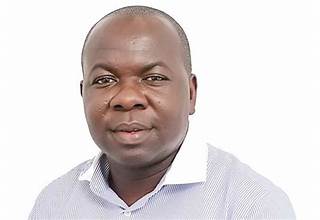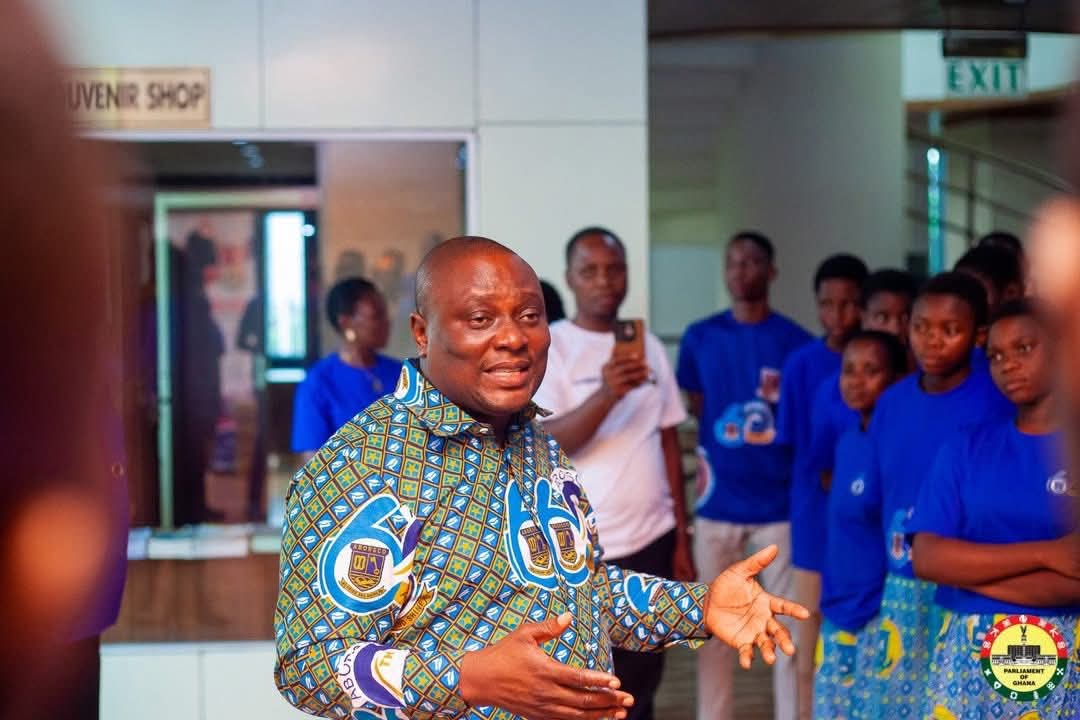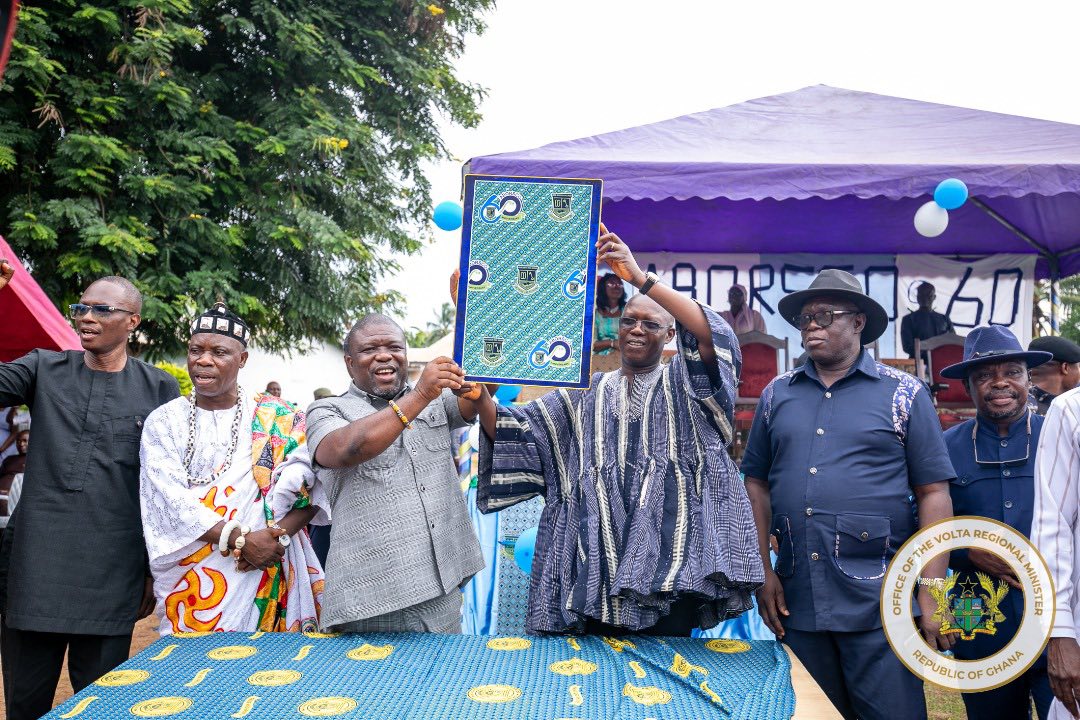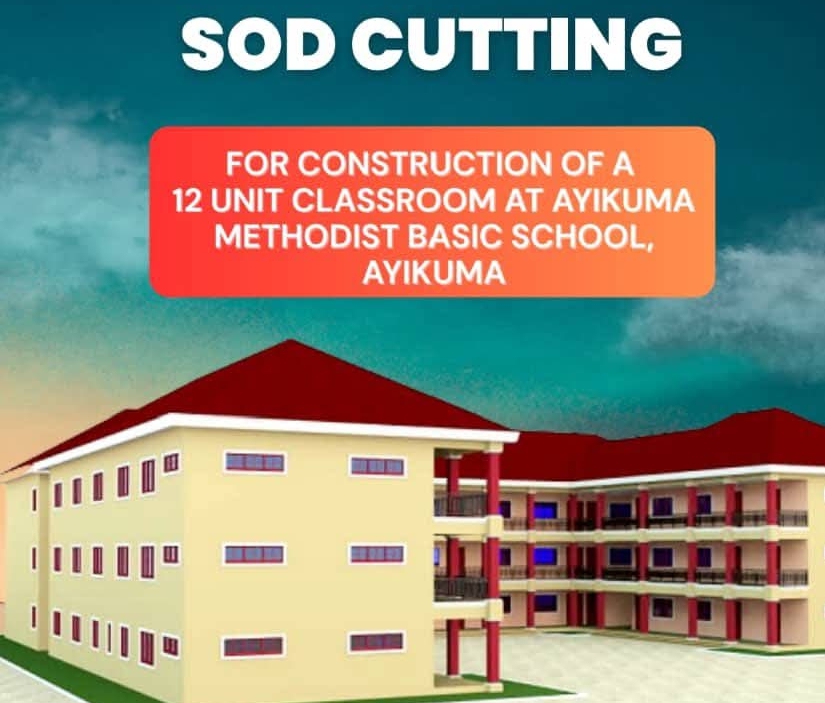ADDRESS CHALLENGE OF STATELESSNESS IN AFRICA – HUMAN RIGHTS COMMITTEE OF PARLIAMENT CHARGES AFRICA HEADS OF STATES AND GOVERNMENTS
The 83rd Ordinary Session of the African Commission on Human & Peoples’ Right was held in Bangul, Gambia from the 2nd to 22nd May, 2025. The African Commission on Human and Peoples` Rights (ACHPR) is a quasi-judicial body established to promote and protect human rights across Africa. Its function is to investigate human rights violations, create and approve programs to encourage human rights, set up communication channels with States to gather information on human rights violations, draft proposals for the Assembly of Heads of States and Government, collaborate with non-governmental organizations (NGOs) and the National Human Rights Institutions (NHRIs) to monitor human rights issues in member states, to investigate complaints and communications related to human rights violations, and to provide guidance and recommendations to member states on human rights.
OBJECTIVE
The objective of the Commission is to promote human rights education, awareness and advocacy. The commission also works to strengthen human rights framework in Africa. Goals and aspirations shared by Ghana`s Parliamentary Committee on Human Rights.
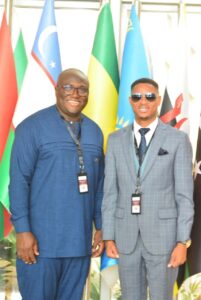
COMMITTEE ON HUMAN RIGHTS OF GHANA
The Committee on Human Rights was recently established during the review of the new Standing Orders of Parliament. The Rt Hon Speaker Kingsley Alban Sumana Bagbin was instrumental in the establishment of the Committee on Human Rights. Pursuant to Order 234 of the Standing Orders, the mandate of the Committee among others is to monitor compliance of Government with the Human Rights Obligations of the State. The Committee is also mandated to follow-up on government`s implementation of recommendations made by International and Regional Human Rights monitoring mechanisms especially United Nations Treaty Bodies, African Regional Treaty, Special Procedures of the Human Rights Council & the African Commission on Human and Peoples`s Right Council and the African Commission on Human and Peoples` Rights. The Committee is additionally tasked to follow up on recommendations of the Universal Periodic Process. The Committee is similarly expected to collaborate with existing National Human Rights Institutions to enhance public awareness and be advocates for human rights.
THE 83RD SESSION
The theme for the 83rd session of ACHPR is Human Rights as an imperative for people centered sustainability development in Africa.
There were several presentations on various topics with human rights implications. A presentation was made on the importance of data as a human rights indicator for development in Africa. The provision of data that presents the true state of affairs of development to stir conversations on development in the right direction.
The promotion and protection of the right to health as a pre-requisite for sustainable development in Africa. The right to health is key for sustainable development in Africa, as it impacts economic growth, social well-being and overall human capacity. It requires a multi-sectoral approach to address underlying social determinants of health. Access to health care, and the affordability of it is a rights issue. Access to HIV therapy by a person with HIV is crucial for their sustainable development, as it directly impacts their health outcome and allow for them to live a longer and healthier, contributing to economic and social progress. Expectant mothers need access to pre-natal care to ensure healthy mother and baby. Panelist shed light on challenges and progress in the promotion and protection of the right to health in Africa. States were encouraged to resource and fund their respective health sectors.
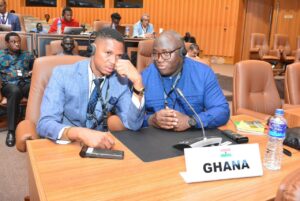
The promotion of inclusivity in development. The protection of the rights of the vulnerable in society must be guided zealously. Persons with disability, the elderly persons, especially older women, prisoners, refugees and children must be protected. The was a call to address gender inequality within and among countries. The session reflected on addressing challenges to inclusivity and sustainable development with focus on women and persons with disability.
Closely related to the call for inclusivity in development is further call for respect for life and human dignity for harmonious and inclusive development. The session focused on preservation and protection of human life, free from torture and humiliation. States must protect all persons from cruel and humiliating treatment, irrespective of their class, creed, gender, sex orientation or status in society, all persons must have their rights respected and protected. The protection of people from exploitation, degrading and cruel treatment is an added asset for development. A healthy and respected population is a viable population for progress and development.
Justice as a pillar of sustainability: The role of courts in advancing human rights and development. The focus was on fair and timely justice as an important ingredient for sustainable development. Investors are encouraged to invest in a country if they believe justice is fair and timely. Corruption is perceived to disrupt due process of court, and consequentially impacts development of individuals and nations negatively.
Issues of human rights are so fundamental and inherent that, per Article 33(5) of the 1992 constitution, all rights are guaranteed and are to be enforced by the courts, even those that have not been specifically mentioned in our laws.
OBSERVATIONS
The delegation noted that when it comes to matters pertaining to human right enforcement, Article 1 of the African charter on Human and Peoples` rights implies that States parties are obliged to uphold the rights and freedoms outlined in the charter once they are signatories to it. Once a State becomes a signatory to the charter, human rights provisions become obligatory on them and same must be enforced by all cosigners. This provision aligns with Article 33(5) of the 1992 constitution which guarantees fundamental human rights in Ghana, whether specifically mentioned or not. If it is human rights related, it is guaranteed to be protected by the law for all citizenry.
The delegation further noted with concern the quandary of statelessness that a number of Ghanaians find themselves in the Gambia. The delegation, as part of its human rights obligation visited a community in the Gambia known as Ghana town and interacted with some Ghanaian residents. The head of their community, who is also their local chief appealed to the delegation to intervene on their behalf for Gambia to renew their documents for them. They claim they were given citizenship by the former President of the Gambia, Yaya Gamel, but the current administration has refused to renew their documentation and they do not also have Ghanaian citizenship. Their local chief spoke impeccable fanti, and claimed he was fined for over staying in Ghana when he attended his uncle`s funeral. The State of Ghana do not consider them as citizens, neither do the Gambia. All persons are entitled to documentation, and the Republic of Gambia must ensure that persons who have lived amongst them for many years are well documented. Their refusal to renew their documents amount to an infringement of their rights. In the case of Yean and Bosico Children v. Dominican Republic (2005), the Inter-American Court of Human Rights held that the Dominican Republic`s denial of nationality to children born to Haitian migrant workers was discriminatory and violated their rights to nationality. The 2014 case of the Nationality of stateless Persons in the Dominican Republic, the Inter-American court of Human Rights again held that the Dominican Republic`s decision to strip citizenship from people of Haitian descent was discriminatory and arbitrary. The decision of the Gambia to strip persons of their citizenship by their refusal to renew documents borders on human rights, and the Republic of Ghana must intervene to ascertain the authenticity or otherwise of the issue.
The protocol to the African charter on human and peoples` rights relating to the right to a nationality and the eradication of statelessness in Africa aims to address statelessness on the continent. The protocol requires ratification by 15 African Union members to come into force. Individual member states need to sign and ratify it to be bound by its provisions.
According to Article 1 of the UN Convention relating to the status of statelessness, a stateless person is someone not considered a national by any state under its laws. A state that considers a person as stateless is obliged per Article 27 of the UN Convention relating to the status of statelessness to provide such persons with identity papers. States must also issue travel documents to stateless persons staying in their territories, unless there are compelling reasons related to national security or public order. (Article 28). Pursuant to Article 32, contracting states should facilitate the assimilation and naturalization proceedings and minimize associate cost. These provisions and case laws highlights the complexities that surrounds statelessness and the importance of Nationality in accessing human rights.
CONCLUSION
The delegation as part of its human rights advocacy prays for Ghana to ratify the protocol to Nationality and the eradication of statelessness in Africa. The Committee strongly urge the Ministry of Foreign Affairs to delve into the issue of persons caught in the debacle of statelessness to bring finality to this heart-breaking account. The Committee further prays for the courts to zealously protect the rights of all citizens irrespective of creed, race, status or gender. The Committee extends its heartfelt gratitude to our very own, the Rt Hon Alban Sumana Bagbin for his sterling leadership in making it possible for the Committee to bring breaches of human rights to the fore.



























